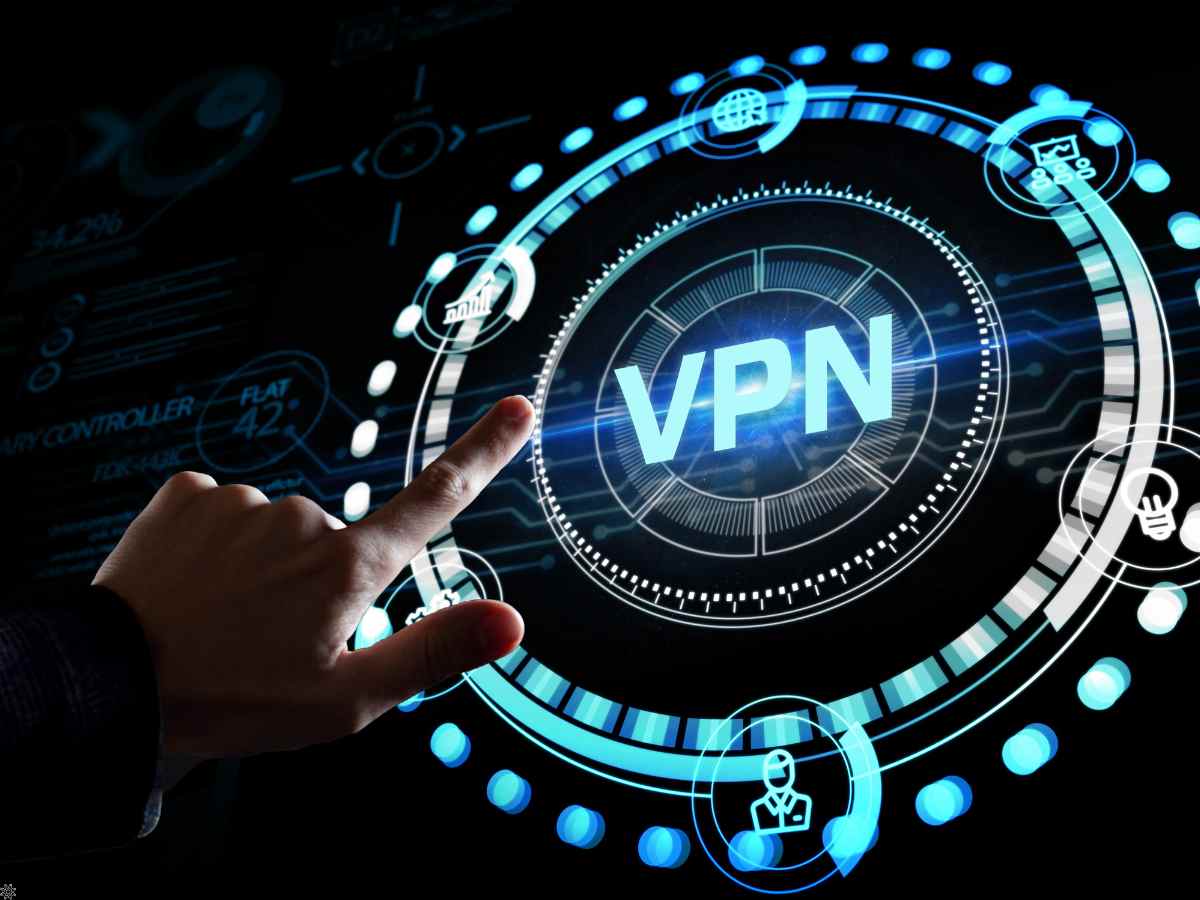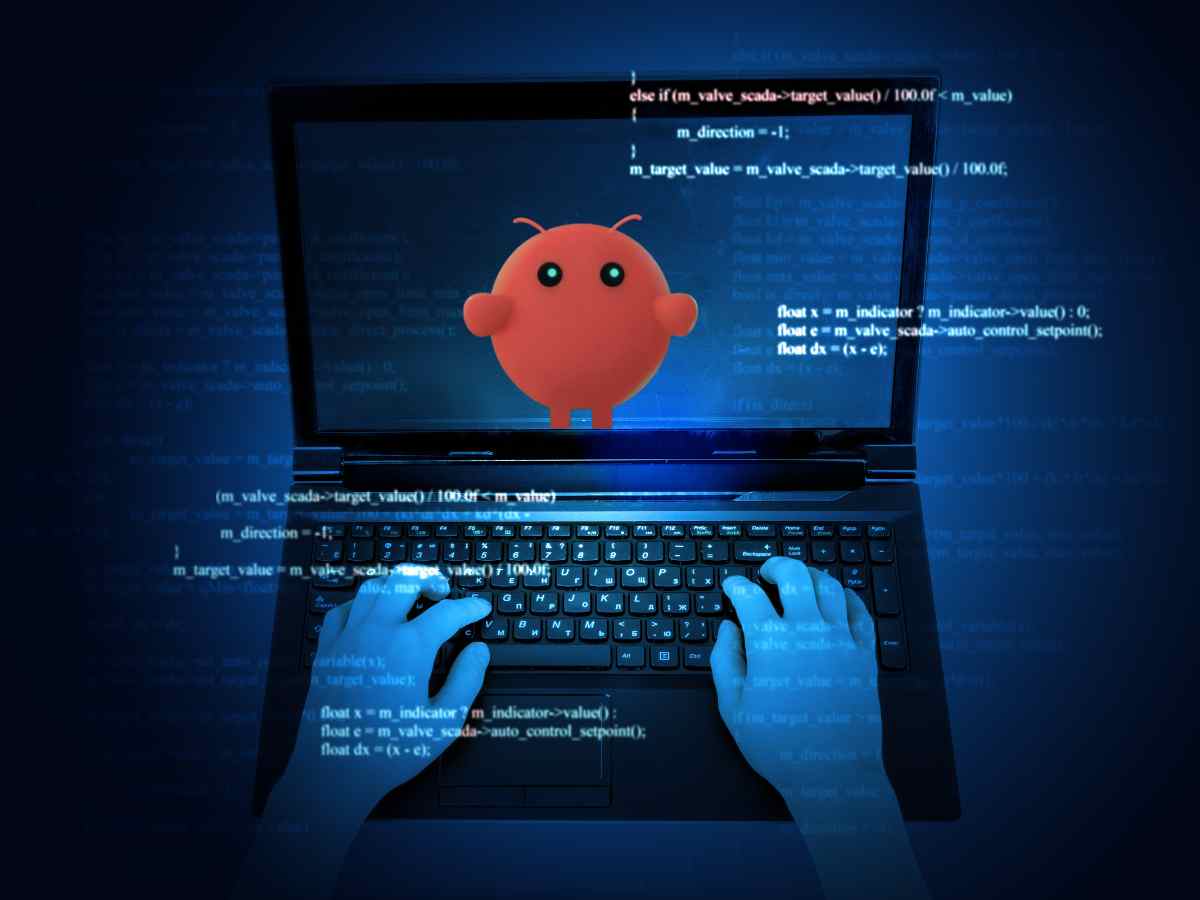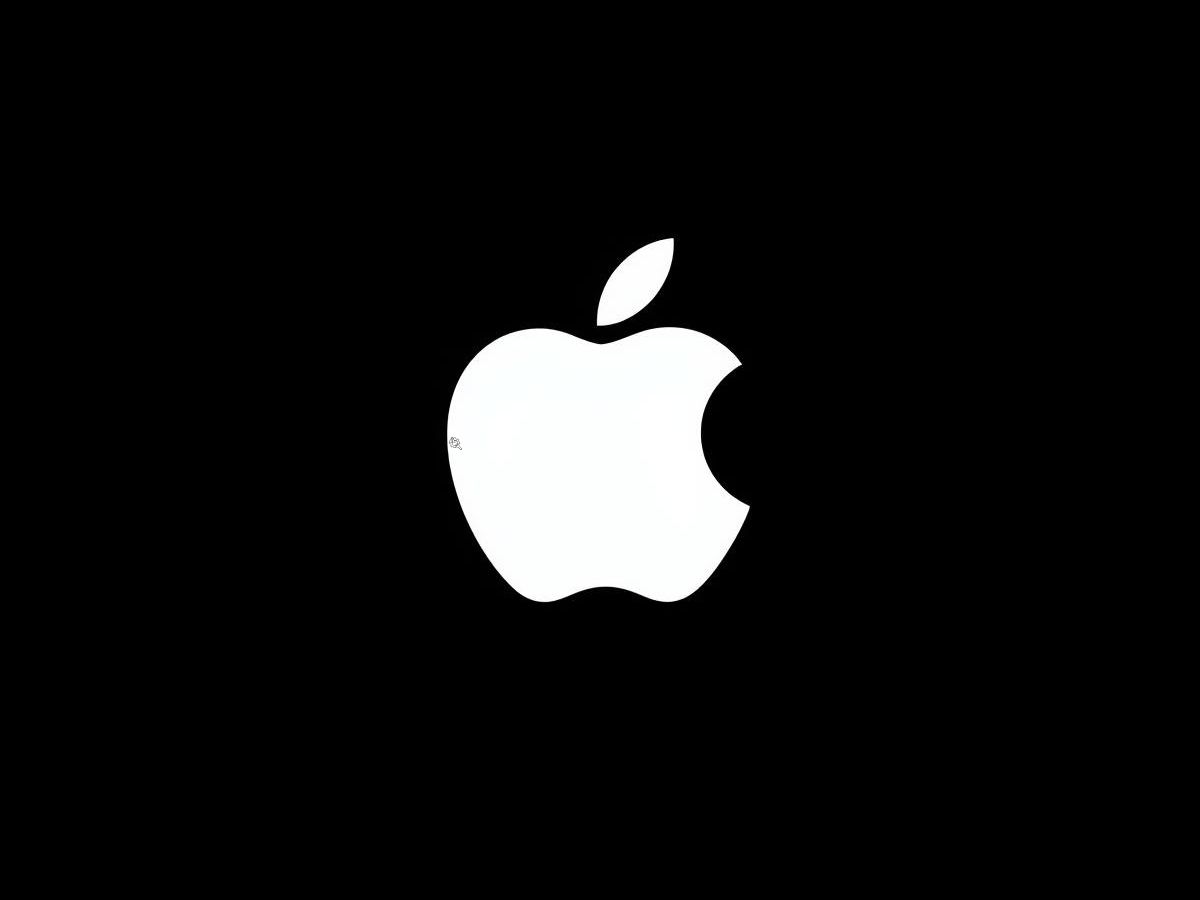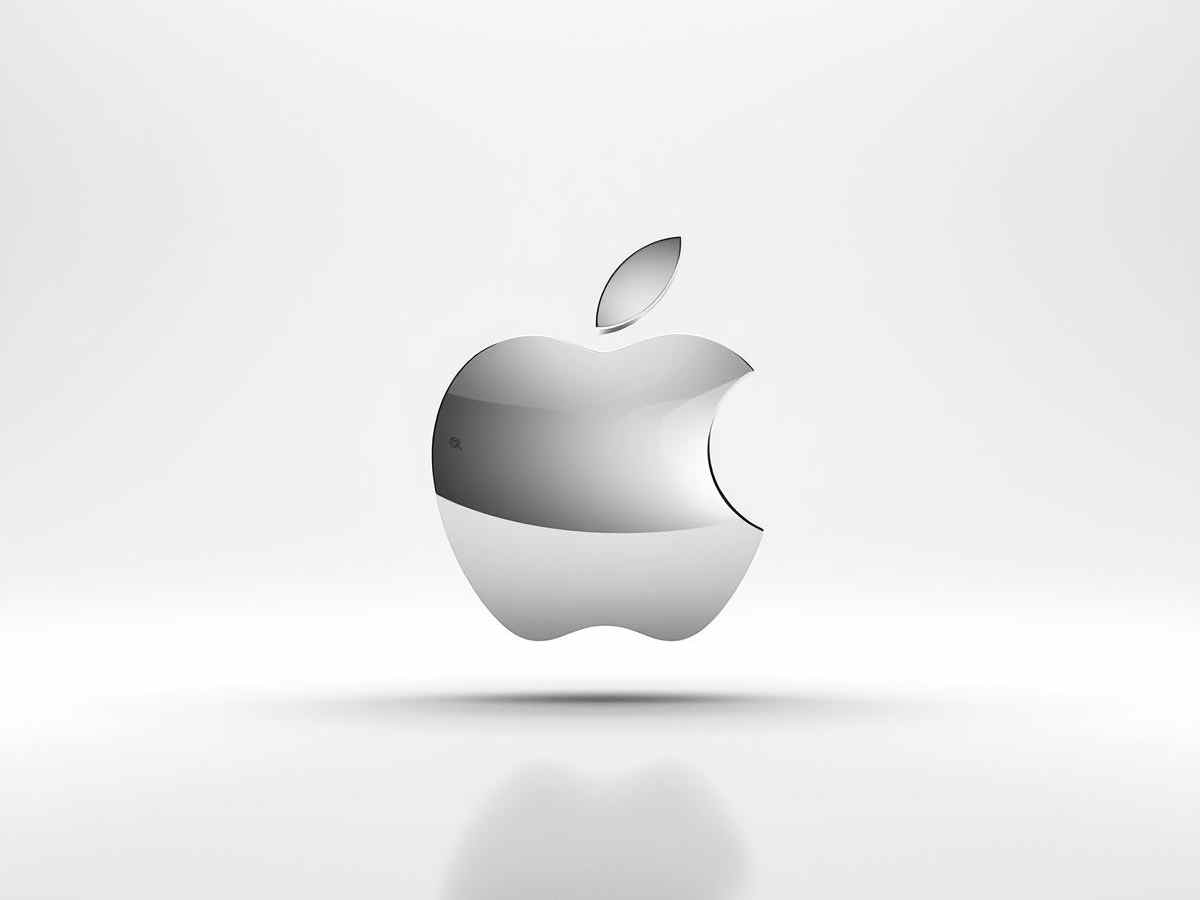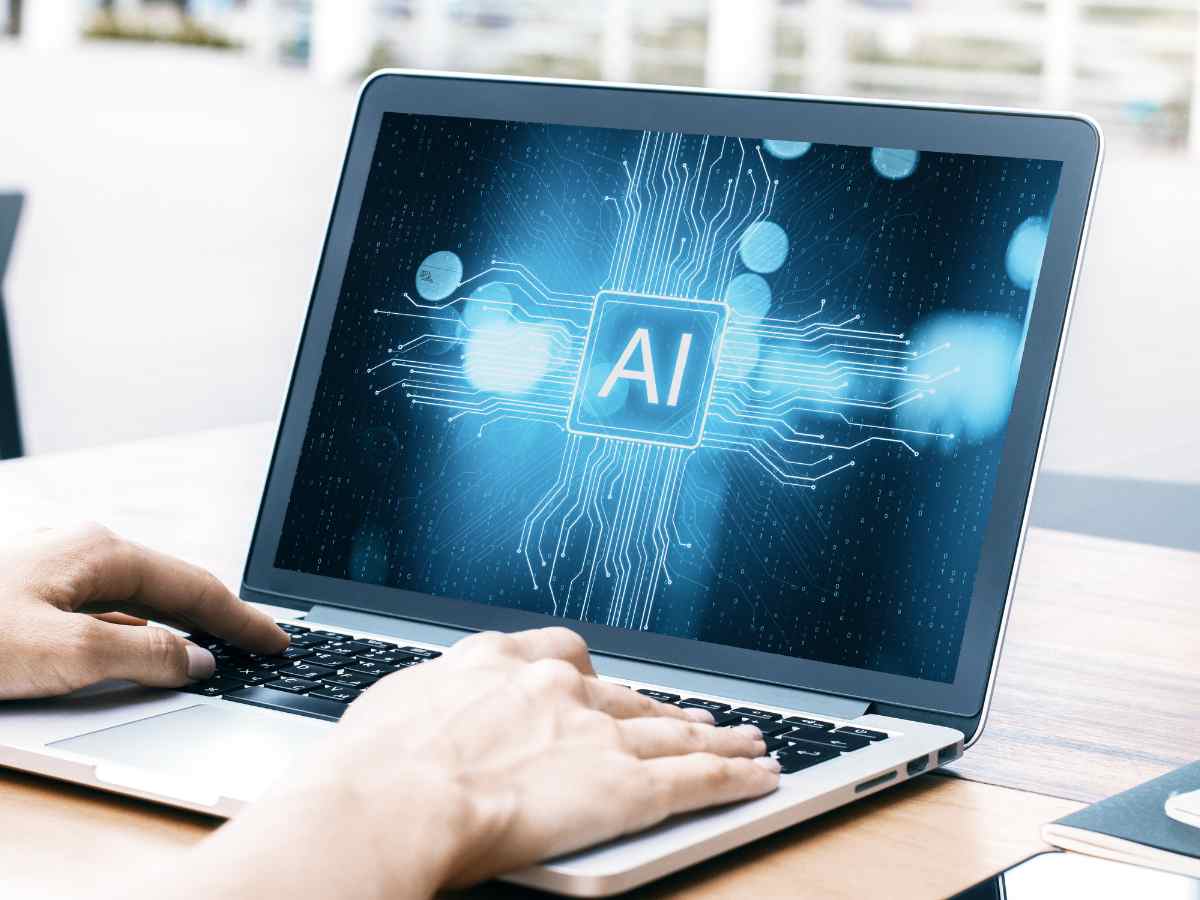Imagine this: You’re at your favorite coffee shop, having a latte and browsing the internet. You have no idea that the public Wi-Fi you just connected to is a treasure trove for hackers. If you’re not vigilant, they can steal your information—passwords, emails, bank account details—in seconds. Spooky, right? This is where a VPN (Virtual Private Network) saves the day.
Virtual Private Network
Imagine a Virtual Private Network (VPN) like a secure tunnel that connects your computer to the internet. Instead of your information going out into the open, where someone could pick it up, a VPN encrypts it and sends it through a remote server. This conceals your IP address and makes it difficult for invaders to know what you’re doing on the web.
It’s like mailing your letter in an armored car rather than a standard envelope. No one can sneak a peek at your personal information, and your hidden message arrives where it’s supposed to.
Why Should You Use a VPN?
You may be thinking, “I’m no hacker or spy. I need a VPN.” Valid argument! Let’s examine some good reasons you cannot live without a VPN.

- It Safeguards your Privacy – Remember that your Internet Service Provider (ISP), government, and advertisers monitor your online activities. VPNs prevent others from snooping into your online activity.
- It keeps your Public Wi-Fi secure – Although public Wi-Fi at airports, hotels, and coffee shops is convenient, these networks are not secure. A VPN protects your data from hackers using the same network.
- It bypasses Geo restriction – Did you ever try to view your favorite Netflix program but discover that it’s not available in your nation? A VPN provides access to servers from other locations, allowing you to view content blocked in your area.
- Helps in avoiding slow Internet – Your internet provider can cut your speed when you stream or play online games. A VPN conceals what you’re doing so your provider won’t throttle your connection.
- It conceals you while torrenting – When torrenting using peer-to-peer (P2P) file sharing, a VPN hides your identity, reducing the chances of legal trouble or unwanted monitoring.
How a VPN Works
When you go online with a VPN, here’s what happens:
- Your device sets up a secure link with a VPN server.
- Your online activity is hidden because your internet traffic gets scrambled.
- Nobody, not even your ISP, can monitor what you do.
- The VPN server processes your traffic and assigns you a different IP address.
- This makes it appear as though you’re accessing another location. Your information reaches where it’s going; no one knows who you are.
Choosing the Right VPN
VPNs are not created equal. Some are excellent, and others may compromise your privacy. Here’s what you should consider when shopping for a VPN:

Strong scrambling – Look for AES-256 scram, which is the best way to keep things safe.
No Record-Keeping – A good VPN doesn’t track what you do online.
Quick Connections – Some VPNs can slow you down; pick one with fast servers.
Lots of Server Spots – The more servers in different places, the more global stuff you can access.
Works on Your Gadgets – Check that the VPN works with your computer, phone, tablet, and smart TV.
Dependable Customer Help – You’ll want a service with quick support when things go wrong.
Free vs. Paid VPNs: Which One Works Better?
Free VPNs might seem appealing, but they come with plenty of dangers. Free options: track your information, pass it on to advertisers, or flood you with ads. They offer less robust encryption, slower performance, and fewer server options. When keeping things private matters a ton, shelling out cash for a top-notch VPN is a smart move.
Are There Any Downsides to Using a VPN?
Yeah, there’s some not-so-great stuff about VPNs you should know:
Some places on the web, like video streaming and banking websites, sometimes block VPNs.
The good VPNs aren’t going to be free.
The speed you get might change when you pick different servers to hook up to.
But these issues seem minor when you stack all that against the safety and secret-keeping powers VPNs have.
Conclusion
Nowadays, internet safety is a top priority, no joke. A VPN isn’t just a toy for tech wizards; it’s for anyone who digs to keep things private and secure and has full internet access. With a VPN, you get protection when you have to safeguard your info on public Wi-Fi, hit up off-limits sites, or surf low-key without anyone knowing.
Caught feelings for cybersecurity? It’s okay, it happens. Follow us on LinkedIn and Instagram to keep the spark alive.


